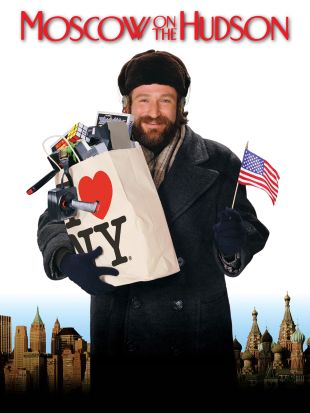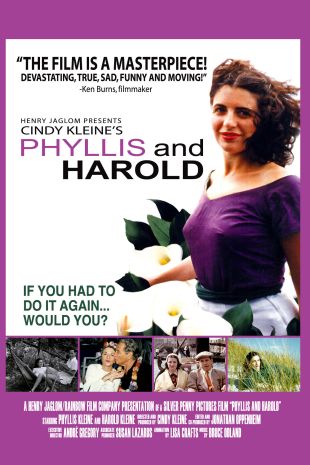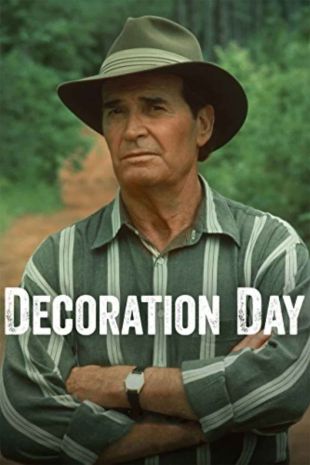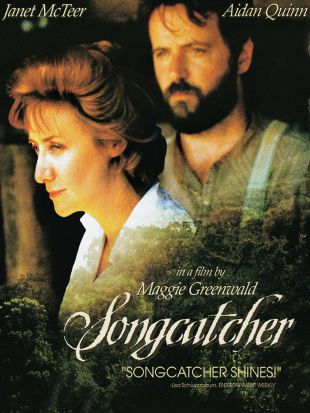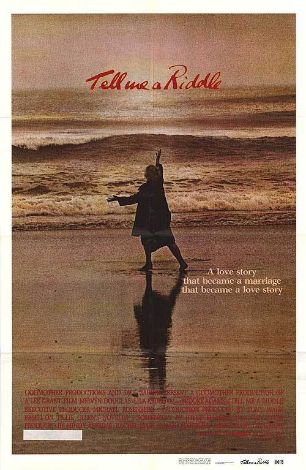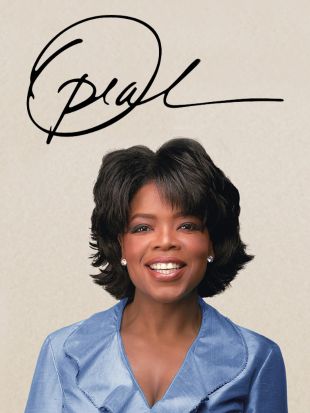
The Oprah Winfrey Show (1986)
Share on
Synopsis by Hal Erickson
The first African-American woman to host a nationally (and ultimately, internationally) daily syndicated talk show, Oprah Winfrey rose from an extraordinarily difficult and deprived childhood to become one of the wealthiest and most powerful women in the world. After paying her dues in a variety of local TV stations, she first achieved national prominence as co-host (with Richard Sher) of People Are Talking, a daily syndicated chatfest emanating from Baltimore. In a portent of things to come, People Are Talking managed to outrate the popular Phil Donahue (ironically Winfrey's personal idol) in the Baltimore market, but did not fare as well in other cities. The so-called "experts" laid the blame for this on Oprah, citing such "faults" as her plumpness, her comparatively lack of glamour, her reluctance to act deferential toward her male co-host, and the fact that she was black and a woman. Clearly, they concluded, Oprah had no future in show business. Things took a dramatic upward turn when Winfrey was engaged by Chicago's ABC-owned affiliate WLS to take over the hosting chores of AM Chicago, a low-rated daily morning show. Almost instantly, viewers were charmed by Oprah's unpretentious matter-of-fact approach to controversial issues and her remarkable ability to come off as "one of the crowd" -- a honest, compassionate human being in a sea of plastic, superficial talkmeisters. As AM Chicago's ratings soared, the national press took notice of the still quite young Winfrey, expressing astonishment that this brash-but-lovable upstart was helming the most successful local program in the Chicago market (and once again, her ratings were miles ahead of Phil Donahue). As icing on the cake, director Steven Spielberg hired Oprah for a plum supporting role in his upcoming film The Color Purple, for which she earned an Oscar nomination. Picked up for coast-to-coast syndication by King World, the retitled The Oprah Winfrey Show made its national debut on September 8, 1986 -- and this time audiences all over America were won over. In the early months of the national run, some criticism was leveled at Oprah for her alleged "sensationalism" in choosing subject matter for her program, criticism that clearly had some effect on the host, who began veering away from the purely exploitational and covering topics with which everyone in the audience could empathize.
As the years rolled on, Oprah proved to be something of an anomaly in the business, a woman with a strong take-charge attitude who nonetheless weeped as copiously as her live studio audience when her heart was touched by her guests, and a woman who deftly combined a an ofttimes overpowering ego with a refreshing and utterly genuine underlining of humility. One of the most noteworthy aspects of Winfrey's appeal was the fact that audiences felt that they really "knew" her, not as a celebrity but as a close and personal friend. As a result, they suffered along with Oprah as she struggled with her fluctuating weight, applauded as she forsook her comparatively drab outfits with a drop-dead-gorgeous wardrobe, and allowed her to be a supreme arbiter of pop-culture taste, from her choice of film favorites (it was not uncommon for Oprah to invite her entire studio audience to accompany her to a first-run movie) to her literary selections in the legendary "Oprah Book Club." Indeed, in all aspects of public life, when Oprah talked, people listened. During a program about the scourge of "mad cow disease," Oprah emotionally declared that she would never eat a hamburger again -- whereupon sales of meat products dropped dramatically throughout America. And when Oprah fervently promoted the Habitat for Humanity, this previously obscure charitable organization ascended to prominence virtually overnight. Finally, Oprah's hold on her audience has proven a godsend to her regular guests, most notably Dr. Phil McGraw, an affable psychologist who eventually matriculated to his own daily talk show -- coincidentally produced by Oprah's own Harpo productions. On the occasion of The Oprah Winfrey Show's 20th anniversary, a collection of the series' highlights were released in a bestselling DVD package.





